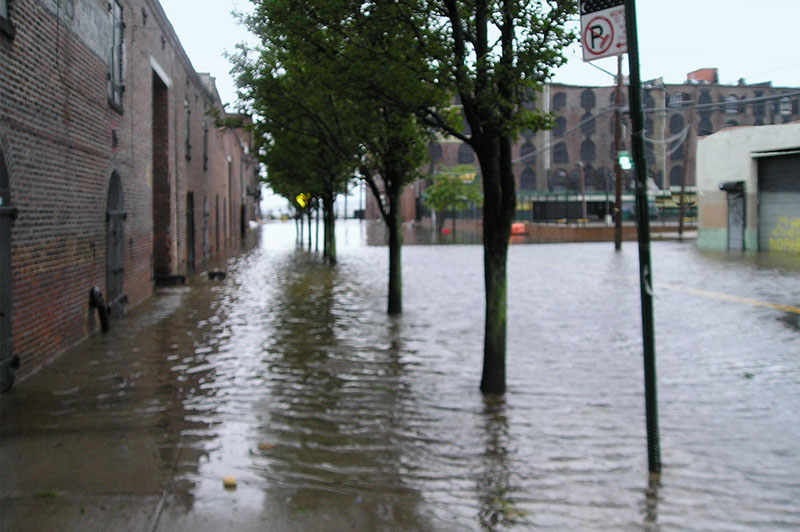While torrential rains have battered areas of the South and Southeast, many families are coping with the sudden loss of property and life as a result of flooding waters. For those who are lucky enough to make it through the extensive rainfall, there are health hazards to consider as the rain continues to fall.
Lawn Care
When cutting grass, never allow grass clippings to fall into the drainage or sewer system as this will erode major plumbing lines and clog sewer systems. If rain is expected, never apply lawn care chemicals as this will drain off into the sewer system, contaminating water further. When mulching during a drought, use four to six inches of mulch products and remember that leaking outdoor faucets can waste, at least, 1,000 gallons of water per month.
Pet Care
Animal feces is easily broken down and carried into the water supply, draining into fishing ponds and lakes. Because animal feces can be threatening to the water supply, it is never a good idea to mow over the animal feces as breaking down the waste can further promote run off. Instead, pick up the animal feces and flush it into the toilet or dig a hole, at least six inches into the ground, and bury the feces where it can decompose and fertilize the ground.
House and Vehicle Products
If you are using products that you would not normally drink, put down a drain or put in the trash, then the product should be delivered to a waste dump. Whatever the disposal method, do not place hazardous waste products into the sewer drainage as this will, again, allow the contaminant to run off into the water supply in local lakes and fishing ponds. In terms of vehicle contaminants, any car leaking air conditioning fluid, antifreeze or oil is considered a hazard to the environment as rain water will easily pick these contaminants up as well and carry them into the water supply.
While the heavy rains continue to fall, there are key factors that should be considered before drinking or bathing in water from your home faucets. If the water is malodorous, with a musty or dirty smell, this may be attributed to an abundance of algae and, generally, does not pose a health risk. Additionally, water may, at times, smell of chloride or appear more “hardened” after heavy rainfall. These are, again, not signs of hazard but, instead, represent the cleaning process of the water and the production of natural minerals including calcium and magnesium.
For many families who have been spared the complications associated with flooding, the saving grace is the watershed in which their property is built. A watershed is simply the term used to describe the area of lands that is drained by a river system and, ultimately, helps to protect a community from flooding during heavy rainfall. Even still, many families are coping with the complications of overflowing streams, lakes and rivers and, for this reason, we need to all work together to avert the potential hazards associated with lawns, pets, house and vehicle contaminants.
Source:
- https://www.epa.gov/natural-disasters/flooding
- https://jitterymonks.com/essay-on-importance-of-infrastructure
- https://www.cdc.gov/disasters/foodwater/facts.html/

